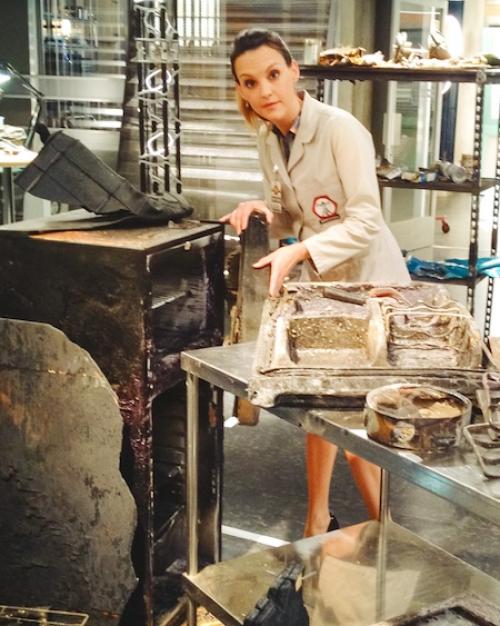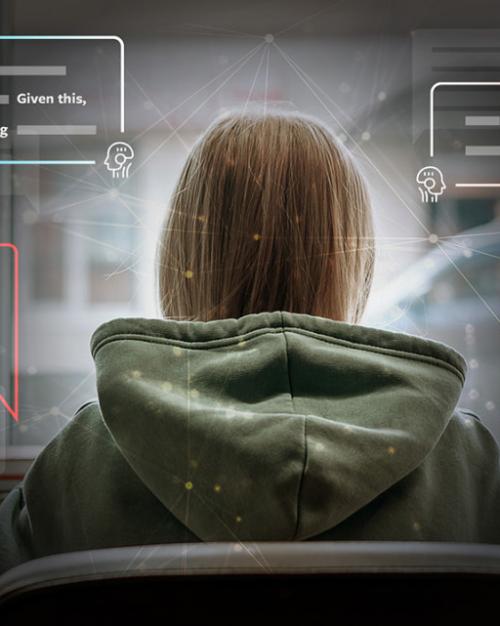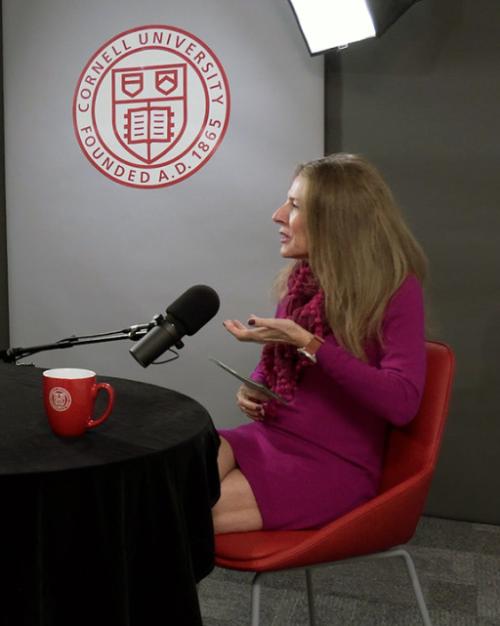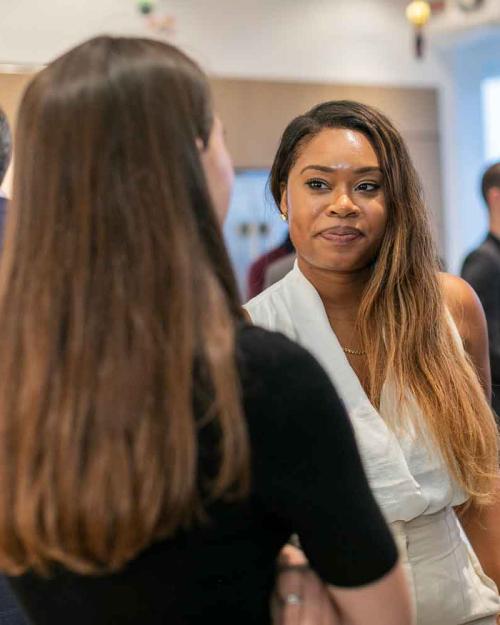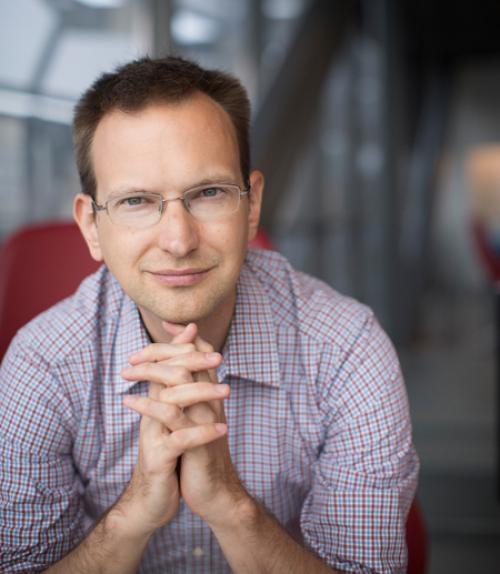In academic fields from physics to genetics, researchers rely on computers for everything from data analysis to modeling. One area of scholarship that has gone largely untouched is the humanities, where today’s researchers are far more often hunched over stacks of books than scanning graphs and charts on a screen.
That, however, is changing thanks to people like David Mimno, assistant professor of information science. “I’m exploring how to use new statistical methods and data mining methods to give people better ability to explore culture and literature,” says Mimno, who double-majored in classics and computer science as an undergraduate student. Read more about Mimno's work in this Cornell Research story.
